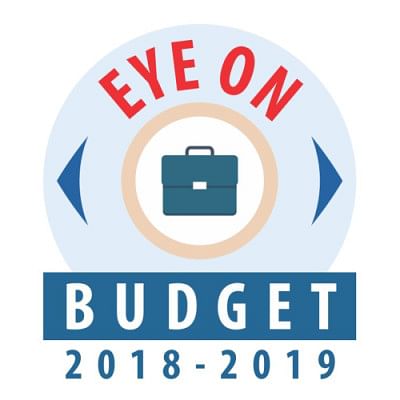High corporate tax a bane for businesses

Bangladesh has one of the highest corporate tax rates and complex tax systems in the world that act as a disincentive to investment, analysts said.
The tax administrator collects corporate tax in eight categories. Telecom operators, banks and financial institutions and cigarette manufacturers—the main sources of taxes—pay the tax at the highest rates of 40 percent to 45 percent.
The lowest rate is enjoyed by the jute millers at 10 percent and apparel makers at 12 percent. In general, the corporate income tax rate for non-listed companies is 35 percent and 25 percent for listed companies.
Bangladesh's corporate rate is high and complex as there are a number of slabs, said Zahid Hussain, lead economist of the World Bank's Dhaka office.
“High tax rate encourages evasion and corruption. It also reduces profit and thus investible fund.”
The rate of corporate tax in Bangladesh is higher than the Asian average of 21 percent and the global average of 24 percent, according to KPMG, a global network of professional firms providing audit, tax and advisory services.
Bangladesh's tax rates for companies are also higher than that of Vietnam, Thailand, Malaysia, China, Indonesia, Sri Lanka and Pakistan. Vietnam and Thailand charge 20 percent tax for companies. It is 24 percent in Malaysia and 25 percent in Indonesia.

Pakistan and Sri Lanka's rate is less than Bangladesh's rate. India's basic corporate tax rate stands at 30 percent, but the effective rate goes up to 35 percent for domestic companies after adding surcharge and education fees, according to KPMG.
Uzbekistan, Montenegro and Hungary have single-digit corporate tax rate of 7.5 percent. Lower corporate tax rate is one of the main drivers of economic development for Ireland, said Ahsan H Mansur, executive director of the Policy Research Institute.
“We have to be at par with similar countries. Compliance will rise and tendency to hide incomes will reduce if the tax rate is reduced,” he said, calling for a cut in corporate tax by 2 percentage points annually in the next five years. He said corporate tax rate usually hovers between 20 percent to 25 percent in developed and emerging nations. From that perspective, 35-37 percent rate is quite high, he said.
The former economist of the International Monetary Fund said the government should unveil a plan on corporate tax measures so that existing and prospective investors can predict. Business chambers have been demanding a cut in the corporate tax for the last several years.
Some tax officials, however, said although some sectors face more than 40 percent tax, the effective rate, in general, is lower if exemptions, discounts and special benefits are taken into account.
For example, the corporate tax rate for power, software and IT firms is zero.
Tax break is offered to income from investment in the export processing zones. Firms also enjoy tax break in the first three years of operations in economic zones and hi-tech parks. So, it is tough to impose a sudden cut in the corporate tax rate because of its impact on revenue collection, said taxmen.
The National Board of Revenue cut tax for companies twice over the past decade. It, however, has not carried out any study on the impact of the cut on investment and compliance, officials said.
Yesterday, the Centre for Policy Dialogue (CPD) said any reduction of corporate tax is effective in attracting private investment only when the overall investment climate is conducive for businesses.
It said a number of studies on the nexus between corporate tax and private investment found that the reduction of corporate tax rate, in general, fosters private investment.
“However, for many developing countries fiscal incentives often don't effectively counterbalance the unattractive investment climate conditions such as poor infrastructure, macroeconomic instability, weak governance and markets,” it said.
The think-tank said the corporate tax rate is an important source of revenue for Bangladesh, contributing about two-thirds of the income tax collection.
The CPD said higher tax rates are common for sectors where competition is regulated. In India, the corporate tax for foreign companies is 40 percent, which is 30 percent for domestic companies.
Towfiqul Islam Khan, research fellow of the CPD, said 2018-19 may not be the best year to reduce the rate.
“It will be difficult for the government to compensate the revenue loss from the corporate tax cut. So, there needs to be an in-depth impact study and such decision may be taken as part of broader revenue mobilisation reform package,” he said.
Even if the corporate tax rate cut is inevitable for the government, it should be done in small instalments and in a staggered manner in order to give time to the NBR to adjust, Khan said.
The corporate tax is declining globally, said Mamun Rashid, managing partner of PricewaterhouseCoopers Bangladesh.
The US and the UK are reducing tax to attract conglomerates, he said.
He said high tax along with multilayer taxation hinders the growth of large companies and acts as a disincentive for investment.
“Entrepreneurs should be given more money in hands so that they can reinvest. Policymakers should encourage conglomerates because they can create jobs, which are an important tool to reduce poverty.”

 For all latest news, follow The Daily Star's Google News channel.
For all latest news, follow The Daily Star's Google News channel. 



Comments